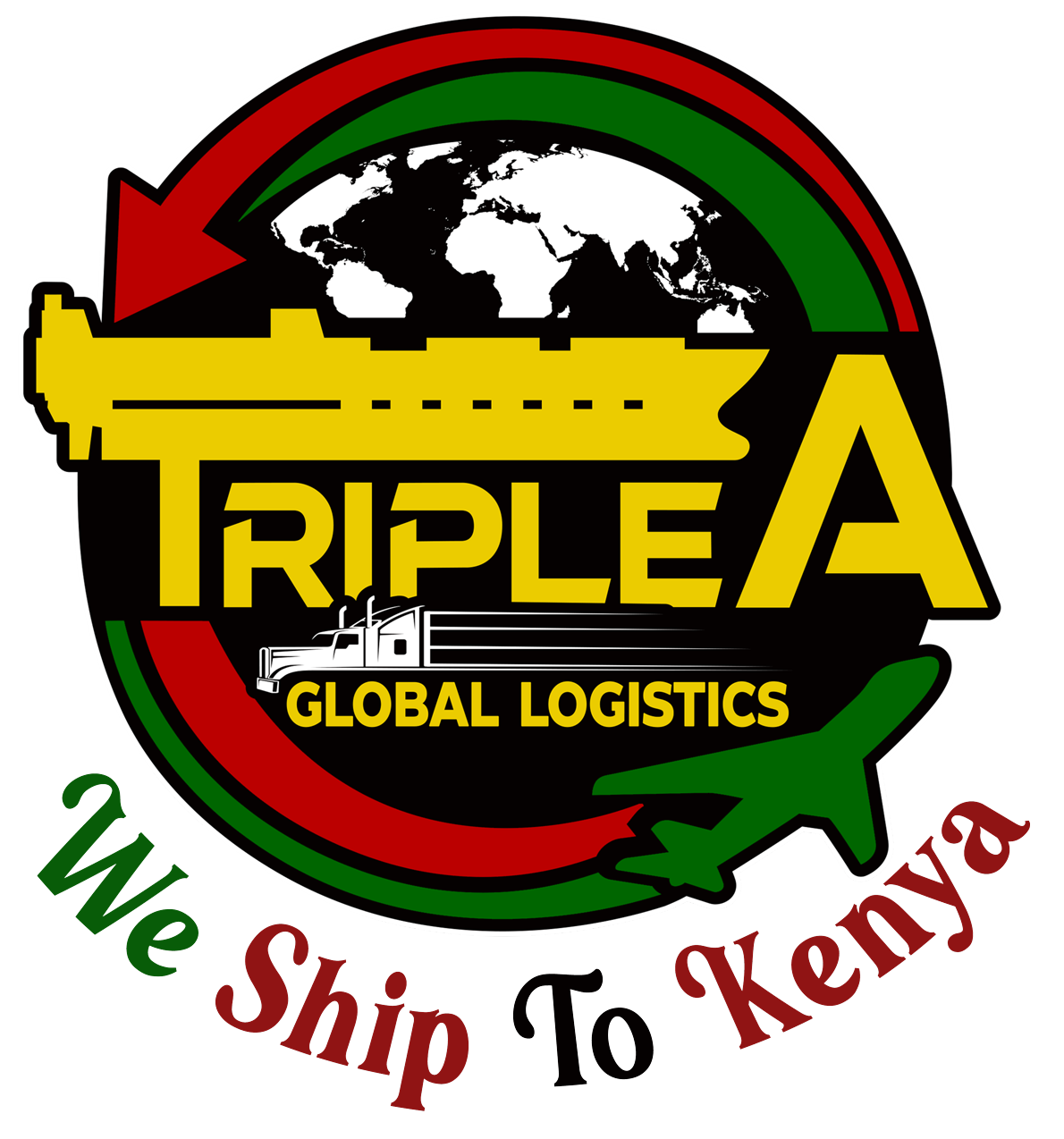Call Us:
+44(0)2039579445
+254 111 81 81 81
Mail Us:
info@tripleafreight.co.uk
Triple A
 Truck freight services play a pivotal role in efficiently delivering goods across various destinations. In today’s globalized world, where businesses rely heavily on the seamless transportation of goods, truck freight services have emerged as a cornerstone of supply chain management. Truck freight services, highlighting their significance, types, advantages, challenges, and future trends.
Truck freight services play a pivotal role in efficiently delivering goods across various destinations. In today’s globalized world, where businesses rely heavily on the seamless transportation of goods, truck freight services have emerged as a cornerstone of supply chain management. Truck freight services, highlighting their significance, types, advantages, challenges, and future trends.